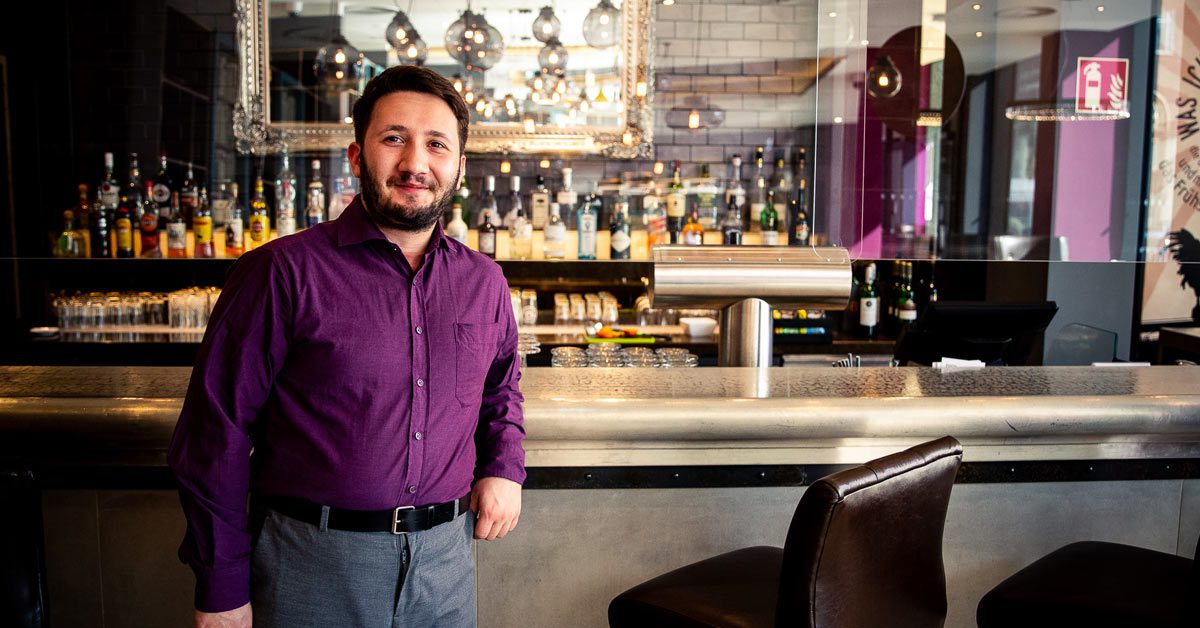According to a 2024 survey done by Statista, 16% of employees in the hospitality industry in the UK worked more than 15 hours of overtime per week. This sector is one of the most difficult industries to work in due to employees’ constantly changing needs, schedules and availability. Other factors such as shift coverage gaps, short and long-term absences and high employee turnover are all symptoms of inefficient staff scheduling.
With a clear schedule and a positive environment, your staff can perform their duties smoothly and efficiently. At Shoes For Crews, safety is one of our pillars and when you provide this type of workplace for your employees, they will work better as a team. Keep reading to learn more about how to optimise staff scheduling at your hospitality venue to promote employee well-being.
1. Understand business and staffing needs
When creating an employee schedule, you want to take into account the peak and off-peak seasons, as well as changing demands throughout the year. To avoid overstaffing and understaffing, gather the following information:
- Calculate the number of employee hours and compare it to the required skill levels available
- Determine how busy your venue normally is at specific times of the day and week
- Review labour reports and check historical sales data to ensure adequate staff scheduling during both the slowest and busiest times of the year
Some employees are more productive than others and some tasks demand more time and attention. By having all of this information as well as knowing the needs of your staff in advance, it can help you optimise your scheduling and build a stronger team.
2. Manage preferences and boost morale
An engaged, enthusiastic staff member will be more productive than one who just works for a paycheck. The keys to avoiding frustration and complaints are managing your workforce and offering consistent staff schedules. On the one hand, understaffing can overwork your team, leaving them exhausted and unmotivated. On the other hand, if you schedule too many employees, you may end up paying them to stand around during the slow shifts. Encourage collaboration and have them speak up regarding their own preferences, availability and scheduling.
Providing long-lasting work shoes for your servers or other HoReCa staff can not only be an effective way to make their work more enjoyable, but can also boost morale. Fostering a strong sense of commitment and trust in the workplace will help reduce staff scheduling issues and turnover. If your employees have consistency and feel good about their work, they will collaborate better as a team.
3. Plan for changing needs and emergencies
If anything is certain, change can happen in an instant, whether it occurs at your venue or in your employees’ lives. Be flexible with timetables to match fluctuating demand and to accommodate any sudden changes your staff may encounter. By implementing a system where shift swaps, requesting time off and adjusting schedules can be managed easily, your restaurant or hotel can handle emergencies quickly and confidently.
Moreover, it is a good idea to track both customer and employee satisfaction and service quality to confirm that your current staff schedule is working well.





